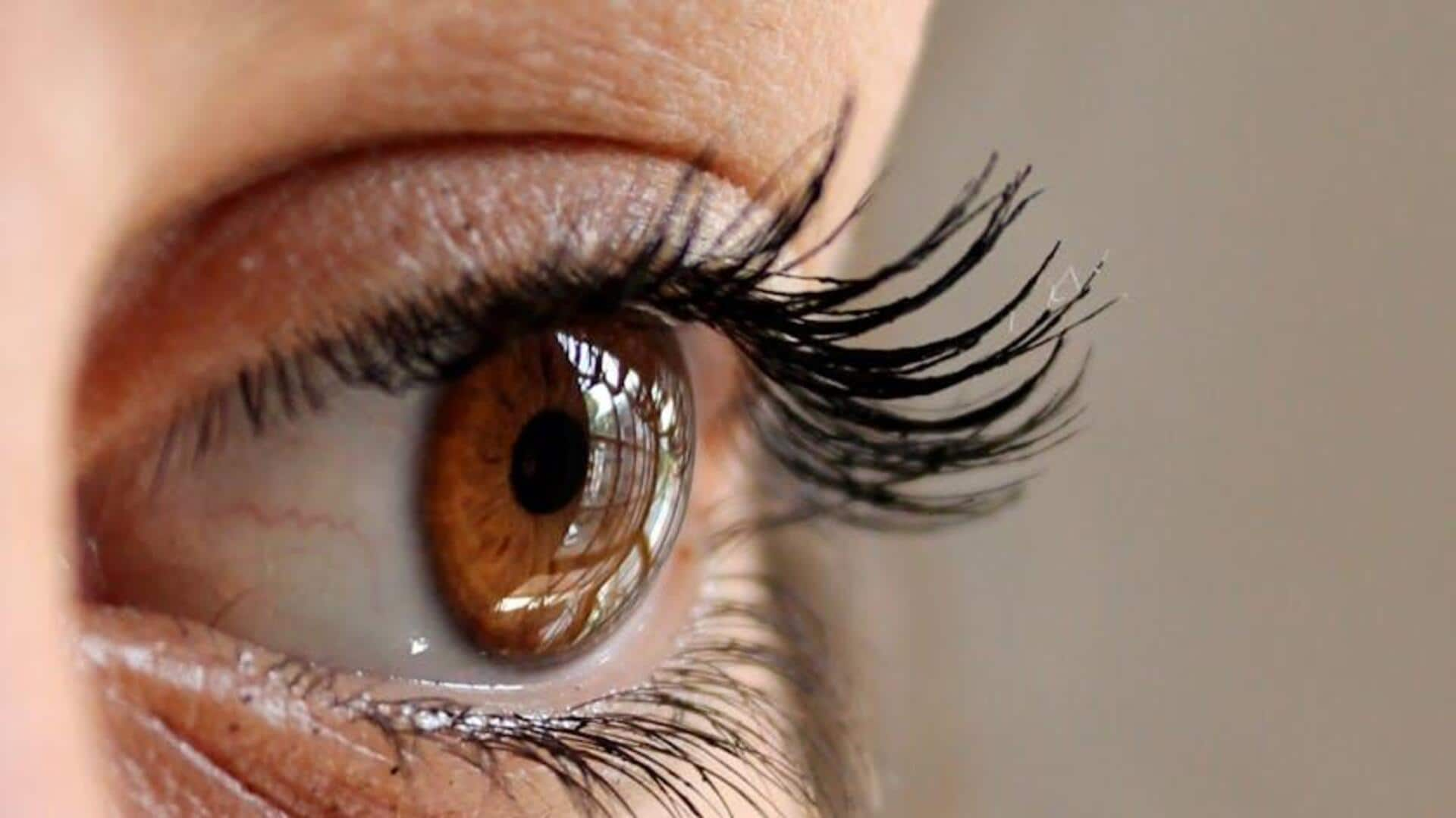
5 eye care myths you need to stop believing
What's the story
Eye care is an important part of overall health, but many myths continue to exist, leading to misconceptions and improper eye care. Most of these misconceptions stem from old information or common practices passed down generations. Knowing the truth behind these myths can help you make informed decisions about your eye health and not worry unnecessarily. Here are five common eye care myths that ophthalmologists want you to know.
Dim light myth
Reading in dim light ruins eyesight
A common myth has been that reading in dim light will damage your eyes permanently. While it may cause temporary eye strain or discomfort, it doesn't lead to long-term damage. The eyes adjust to different lighting conditions, but prolonged exposure to poor lighting can cause fatigue. It's advisable to read in well-lit areas for comfort, rather than out of fear of damaging eyesight.
Carrot myth
Carrots are the best for vision
Carrots are often touted as the ultimate food for improving vision due to their vitamin A content. While vitamin A is crucial for maintaining good vision, a balanced diet with a variety of fruits and vegetables provides all necessary nutrients for eye health. Leafy greens, citrus fruits, and nuts also contribute significantly to maintaining healthy eyes.
TV distance myth
Sitting too close to TV harms eyes
The age-old belief that sitting too close to the television can permanently damage eyesight is another myth. This myth probably developed back when televisions gave off more radiation than they do today. Today's screens are built with safety standards that reduce harmful emissions, so sitting close may only cause temporary discomfort, not permanent damage.
Glasses myth
Wearing glasses weakens eyesight
Some people believe that wearing glasses weakens eyesight over time, by making the eyes dependent on them. In reality, glasses only correct vision problems like nearsightedness or farsightedness but do nothing to your eyes physically. Regular check-ups ensure that your prescriptions stay accurate without affecting the natural strength of your vision.
Exercise myth
Eye exercises improve vision significantly
Eye exercises are often marketed as a way to improve vision dramatically or even eliminate the need for glasses altogether. However, there's no scientific evidence to back this for most refractive errors (like myopia or hyperopia). While exercises may help with certain conditions (like convergence insufficiency), they cannot replace corrective lenses prescribed by professionals.